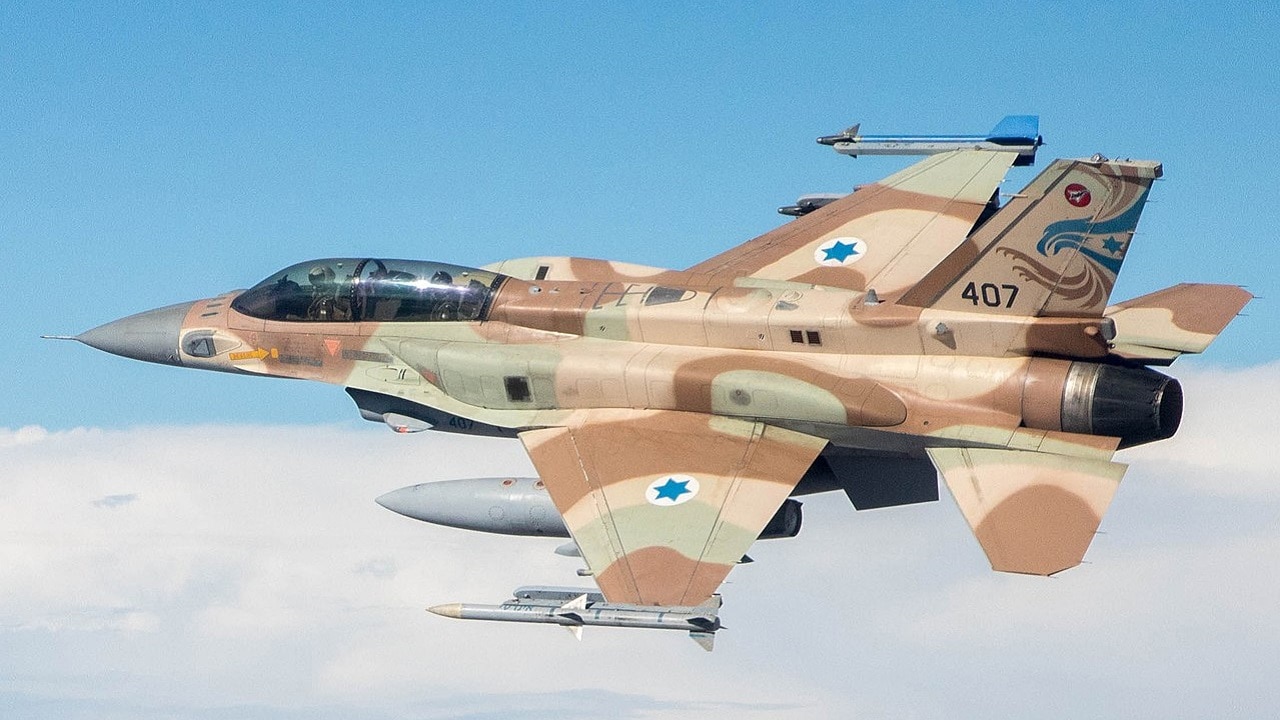The U.S. covertly coordinated with Israel on its airstrike operations in Syria, according to a Wall Street Journal report published recently. The Jewish state has carried out hundreds of missions in Syria over the last decade, largely aimed at targeting Iranian weapons depots and arms smuggling channels throughout the country. In 2018, Israel admitted to perpetuating the 2007 attack that destroyed a suspected nuclear reactor being constructed in the Deir ez-Zor region of the country. Typically, the U.S. does not formally respond to reports of Israel’s missions in Syria. The take-down of the Islamic State and its operatives in the country have remained America’s priority in Syria. The airstrikes and missions that have targeted Iranian assets in the country have been characterized as Israel’s “shadow war” with Iran by the U.S. and the rest of the international community. However, this latest report depicts the Pentagon’s active role in reviewing Israel’s plans prior to its missions which suggests the U.S. has supported its top regional ally in countering Iran on Syria territory.
While the U.S. has signed off on Iran’s plans in Syria, officials with the United States Central Command (CENTCOM) first ensure that its counter-IS objectives will not be jeopardized. A U.S. Defense official told the WSJ that “In northeast Syria and in the vicinity of al-Tanf, the U.S. mission is solely securing the enduring defeat of ISIS, working with our local partners. We won’t discuss the details of the steps we take to reduce the risk to our forces and to the mission.” The report goes on to list two recent examples when U.S. officials asked the Jewish state to halt its airstrikes due to its counter-IS objectives. In 2019, the U.S asked Israel to pause its plans when the Delta Force raid which killed the ISIS leader Abu Bakr al-Baghdadi was underway. If Israel launches missions past the al-Tanf garrison, which is a U.S. military base in Syria, the U.S. does not necessarily know its plans.
Israel was incorporated into CENTCOM for the first time last January, a significant event following the rapprochement of the Jewish state and its Arab neighbors through the Abraham Accords. CENTCOM is one of America’s eleven unified combatant commands which fall under the U.S. Defense Department. Overseeing U.S. military operations in the Middle East and Southwest Asia, Israel’s inclusion was inevitable. However, since its Arab neighbors did not regard the Jewish state as legitimate, its inclusion in the command was not possible. However, the series of unprecedented peace agreements brokered by the Trump administration led to normalization ties between Israel and its neighbors. The Pentagon noted that “The easing of tensions between Israel and its Arab neighbors subsequent to the Abraham Accords has provided a strategic opportunity for the United States to align key partners against shared threats in the Middle East,” when describing Israel’s inclusion into CENTCOM.
The new bipartisan legislation called the DEFEND Act further piggy-backs off the success of the Abraham Accords. The newly introduced bill in Congress aims to unify Israel and other American allies in the region in terms of air defense capabilities in light of Iran’s growing threats.
Maya Carlin is a Middle East Defense Editor with 19FortyFive. She is also an analyst with the Center for Security Policy and a former Anna Sobol Levy Fellow at IDC Herzliya in Israel. She has by-lines in many publications, including The National Interest, Jerusalem Post, and Times of Israel.

